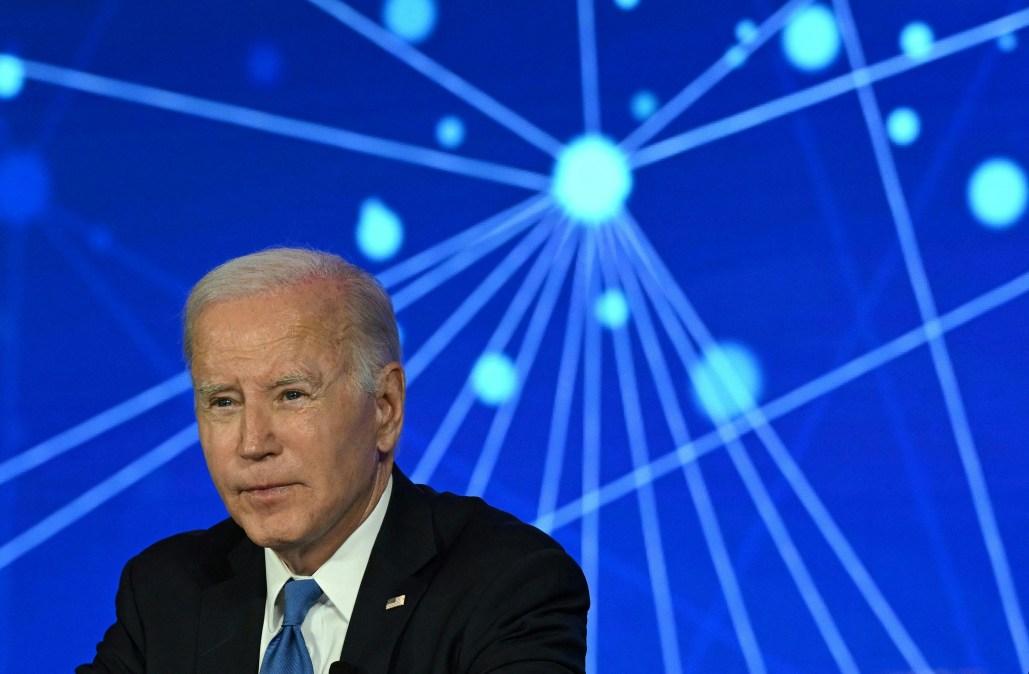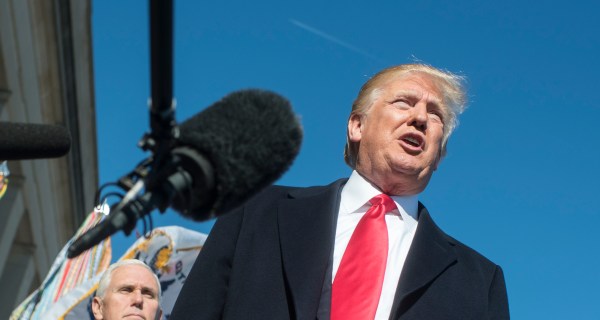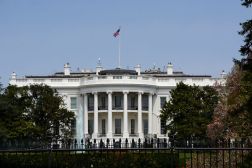From research to talent: Five AI takeaways from Biden’s budget

President Joe Biden’s fiscal year 2025 budget announced Monday seeks billions in funding to support the administration’s artificial intelligence work, putting premiums on research, talent acquisition, and ensuring safety of the technology.
The roughly $3 billion requested for AI investments largely reflects the priorities in Biden’s October executive order on the budding technology, which outlined a path forward to harness AI’s power while also creating standards for responsible use. The request would direct some of the biggest sums to agencies like the National Science Foundation, the Department of Energy and the Department of Commerce.
In total, the Biden administration requested $75.1 billion for IT spending across civilian agencies in fiscal 2025, a small uptick from the $74.4 billion it asked for in 2024.
The president’s budget comes a week after Congress avoided a shutdown by passing a package of six appropriations bills for the current fiscal year. Notably, those bills included cuts for agencies like NSF and Commerce’s National Institute of Standards and Technology, which were both given key tasks under Biden’s AI order.
Here are five AI-related takeaways from the request:
1: Research at NSF
The budget includes more than $2 billion in funding for NSF’s research and development in AI and other emerging technology areas, including “advanced manufacturing, advanced wireless, biotechnologies, microelectronics and semiconductors, and quantum information science.” It also includes $30 million to fund a second year of the pilot for the National AI Research Resource, which is designed to improve access to resources needed to conduct AI research. The pilot, which began in January, was required under Biden’s order and bipartisan, bicameral legislation pending in Congress seeks to authorize the full-scale NAIRR.
2: AI cybersecurity at DOE
The budget also includes “$455 million to extend the frontiers of AI for science and technology and to increase AI’s safety, security, and resilience” at DOE. The funding would support efforts “to build foundation models for energy security, national security, and climate resilience as well as tools to evaluate AI capabilities to generate outputs that may represent nuclear, nonproliferation, biological, chemical, critical-infrastructure, and energy security threats or hazards,” according to the document. It would also support the training of researchers.
3: AI guardrails at Commerce
The budget seeks $65 million for Commerce “to safeguard, regulate, and promote AI, including protecting the American public against its societal risks.” Specifically, that funding would support the agency’s work under the AI executive order, such as NIST’s efforts to establish an AI Safety Institute. The recently passed fiscal year 2024 appropriations from Congress included up to $10 million to establish that institute.
4: AI talent surge
The request also seeks funding for the U.S. Digital Service, General Services Administration and Office of Personnel Management “to support the National AI Talent Surge across the Federal Government.” The budget estimated that funding to be $32 million, while the analytical perspectives released by the White House put it at $40 million. Those talent surge efforts were outlined in Biden’s executive order and have so far included establishing a task force to accelerate AI hiring, authorizing direct-hire authority for AI positions, and outlining incentives to maintain and attract AI talent in the federal government.
5: Supporting chief AI officers
Finally, Biden’s request also provides funding for agencies to establish chief AI officers (CAIOs). According to an analytical perspectives document released by the White House, those investments would total $70 million. Agencies are required to designate a CAIO to promote the use of AI and manage its risks under Biden’s executive order. So far, many of those designees have been agency chief data, technology or information officials. Specifically, the budget mentioned support for CAIOs at the Departments of Treasury and Agriculture, in addition to funding a new AI policy office at the Department of Labor that would be led by its CAIO.






